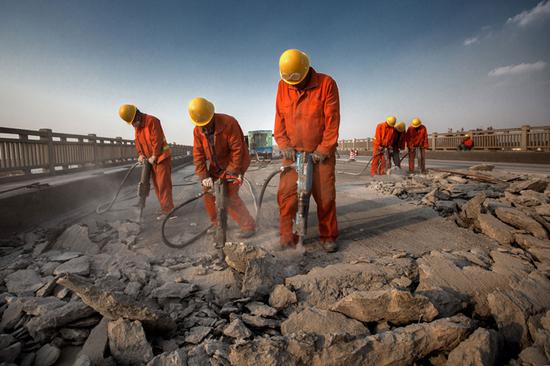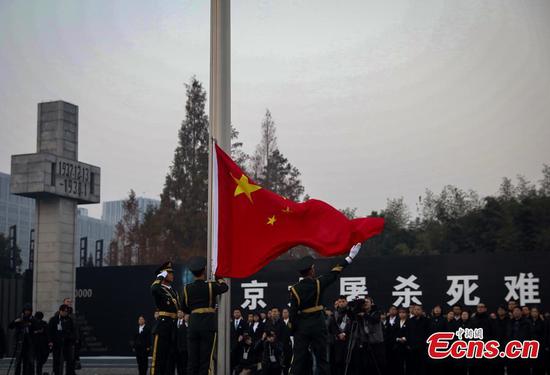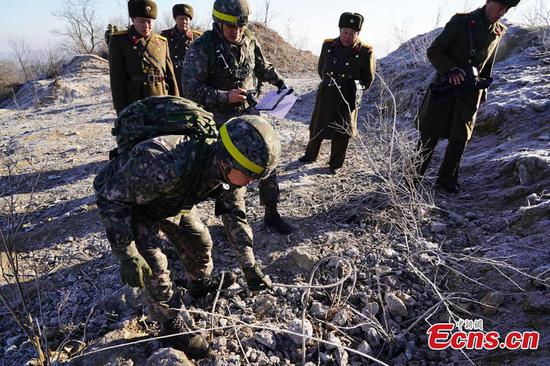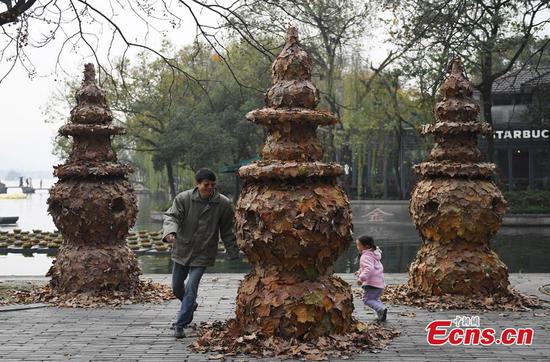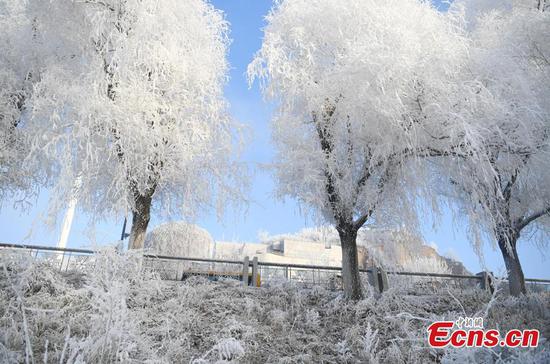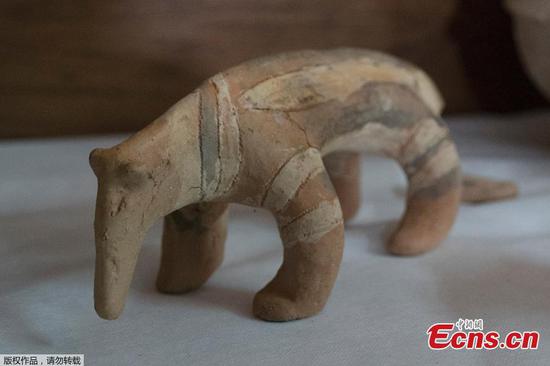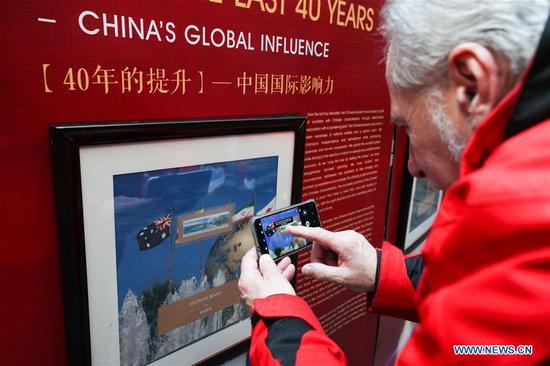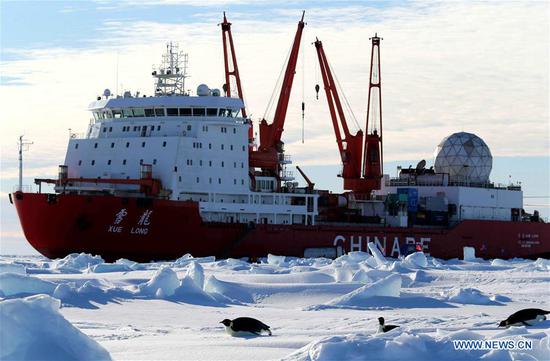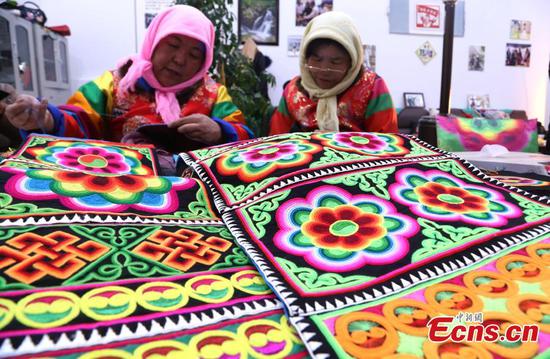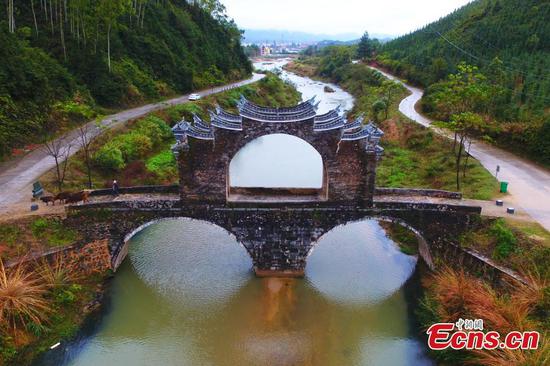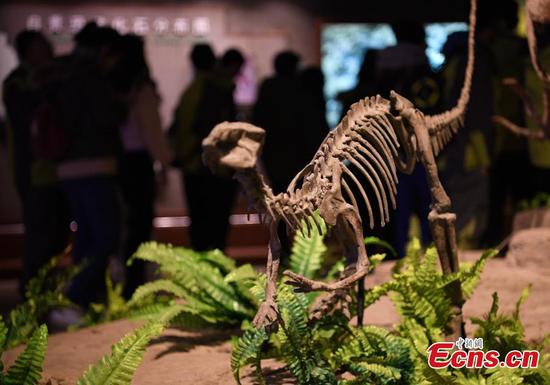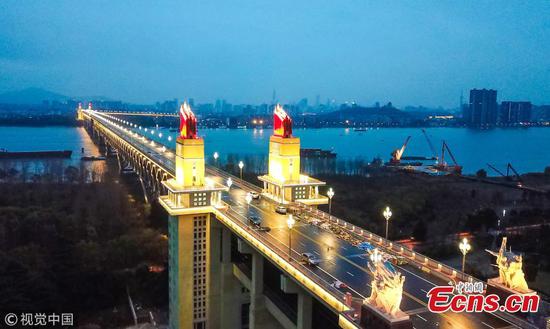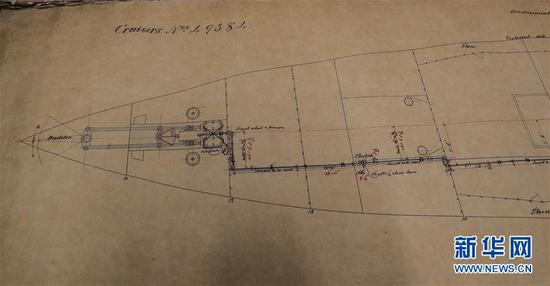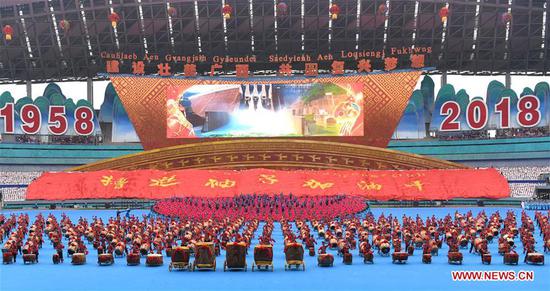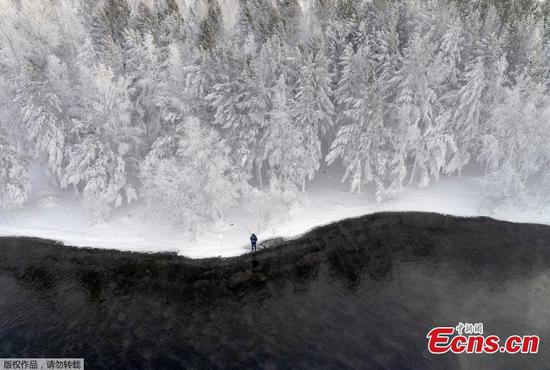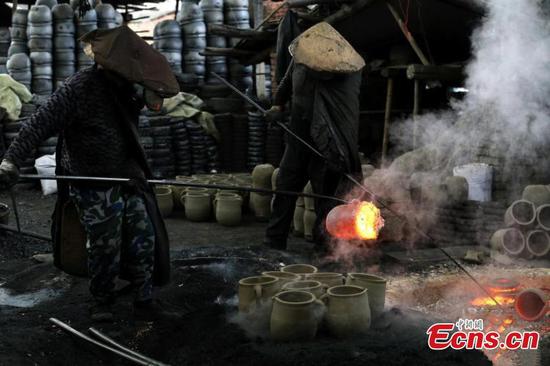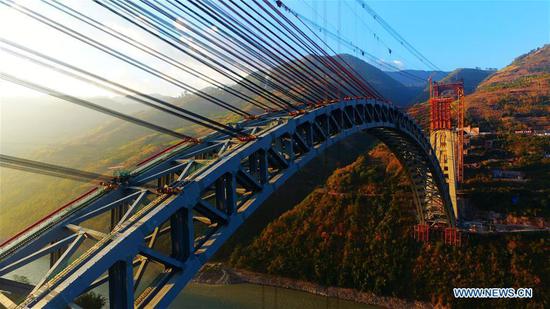When talking about desertification, we usually mean soil turning into sand.
But in southwest China, there is a special type of desertification in which the soil simply disappears, revealing the rocks underneath.
Since we cannot grow most crops on rocks, this type of desertification is a serious issue.
China has been trying to reverse this kind of desertification for several years and has begun making progress.
On Thursday, the country's forestry administration released its latest statistics in Beijing.
"The third round of monitoring started in April 2016 and ended in September 2017, with more than 4,000 technicians setting up 100,000 monitoring points," Liu Dongsheng, deputy head of the administration told reporters in an official press release.
"We collected 190 million entries of data and understood the desertification situation from 2012 to 2016," he added.
In this period, the total area of rocky deserts has been shrinking at an yearly average speed of 3.45 percent.
This means more than 16 percent of rocky deserts have been reverted in the five-year period.
If China can keep up with the speed, the total area will be halved by 2030.
Human efforts
What's more, the progress is speeding up.
Sun Guoji, head of the desert greening works, named two major efforts China from the past five years.
"It's mainly human efforts, especially afforestation that contributed to 65.5 percent of efforts," Sun said.
"Another effort is population reduction, which means inviting local people to move their home," Sun added. "This part accounts for 24.4 percent."
Sun explained that there used to be too many people living in rocky desertified areas. The land could only feed half the population. That's why relocating people had been conducted in these areas.
Other efforts include shifting the main energy source from firewood to others in southwest China, strictly obeying the laws and large engineering projects.
Sharing the experience
China has also been sharing its afforestation methods with other developing countries under the UN Convention to Combat Desertification (UNCCD).
China has been teaching technologies and investing funds to support fellow developing countries to repair their ecosystems.
"The most recent effort is an international knowledge base on desertification to be built in Ningxia (in northwest China). We hope to export our knowledge about deserts to the world," Sun told reporters.











